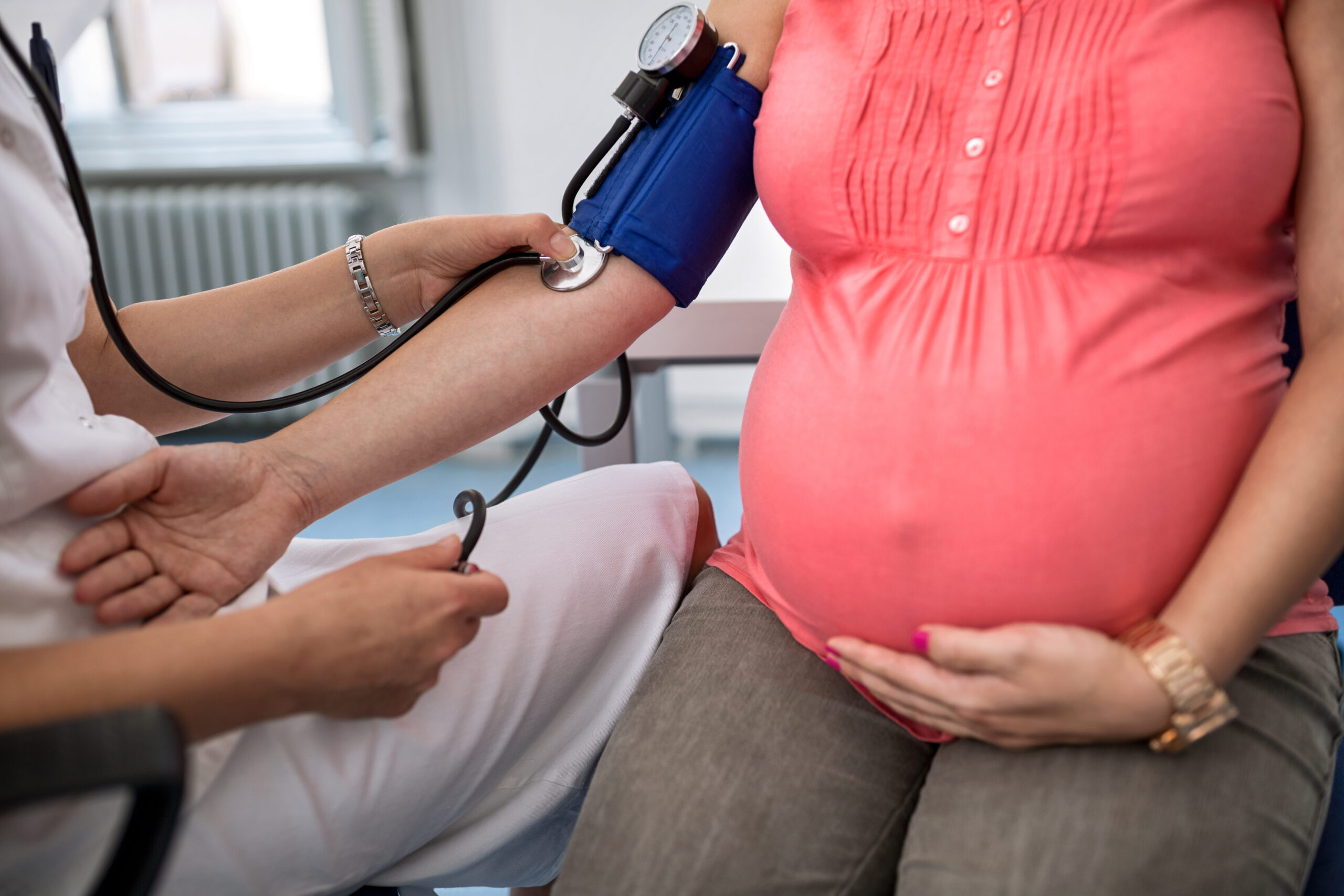The inflammatory shift of pregnancy
During pregnancy, the female body must balance the act of protecting the fetus against harmful microorganisms and maintaining a tolerance to paternal antigens from the fetus, in order to prevent rejection. In a novel paper by researchers from Uppsala University, a large shift in inflammatory status of women in late pregnancy and around two months after delivery is revealed.
The SciLifeLab Clinical Biomarkers unit enabled 92 immune system-related markers to be measured with high sensitivity in blood samples from the 290 women who participated in the study. It was found that 41 markers decreased from late pregnancy to postpartum, while nine markers increased. Several of the top proteins that were higher in pregnancy than postpartum have anti-inflammatory and immune modulatory properties promoting pregnancy progress.
These results clearly reflect a tremendous change in the immune system, which can partially be explained by alterations in hormonal levels. With greater understanding of the inflammatory adjustments a pregnant body undergoes, advancement could be made in finding causes and treatment to pregnancy and postpartum complications, such as preeclampsia, preterm birth and perinatal depression. It may also offer new strategies for treating autoimmune disorders, which commonly go into remission during pregnancy, only to flare up again in after the baby is born.
Read the full paper in Scientific Reports





